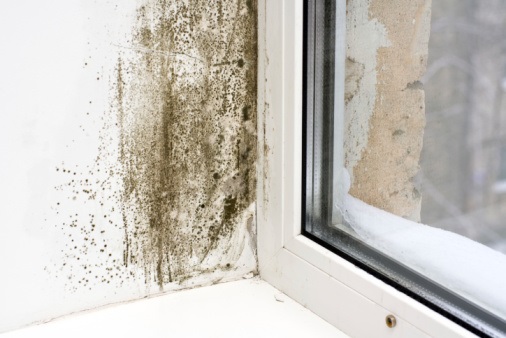How Dangerous is Mold?
Mold is a common concern in every building that is associated with increased moisture. Recently, this has been making the headlines due to the adverse health effects suffered by those who are exposed to it in their homes and offices. Although most everyone can agree that it is unsightly, what many people do not know is just how dangerous it can be for everyone. Here is an overview of the common causes of mold along with the health issues it can cause when it is allowed to spread without clean up and remediation.

Health Problems
According to the New York Times, mold is associated with allergy symptoms that can range from something as simple as itchy eyes, skin rashes and sneezing to more serious complications such as asthma. In severe cases, it has even been associated with permanent lung damage. Unfortunately, mold is not always visible in a building. Therefore, those who suffer from allergy and respiratory symptoms may need to have their home and office tested for mold.
Preventing Formation
Molds thrive in moisture-rich environments. For this reason, eliminating moisture from a home is the best method for prevention. The U. S. Environmental Protection Agency recommends that water leaks and spills should be cleaned up within 48 hours to minimize the possibility of this fungus to growth. It is also important to keep the humidity indoors low by venting bathrooms after showers, making sure that humidity-producing appliances vent to the outside of a building.
Clean Up and Remediation
In some instances, surface molds can be cleaned up using a mixture of bleach diluted with water. However, it is important to minimize a person’s exposure to mold by wearing gloves, a mask and other protective clothing during the cleanup process. In cases of extreme mold, it may be necessary to consult a specialist who can remove the mold while also performing remediation services to preserve furniture and other items in the building.
Exposure to mold can manifest in a variety of symptoms that can have adverse effects for anyone with allergies or respiratory ailments. Therefore, a building should be tested for mold anytime a person is experiencing symptoms that may indicate a reaction to mold. By being proactive and reducing the amount of moisture in a building, mold can be prevented along with its adverse health effects.
